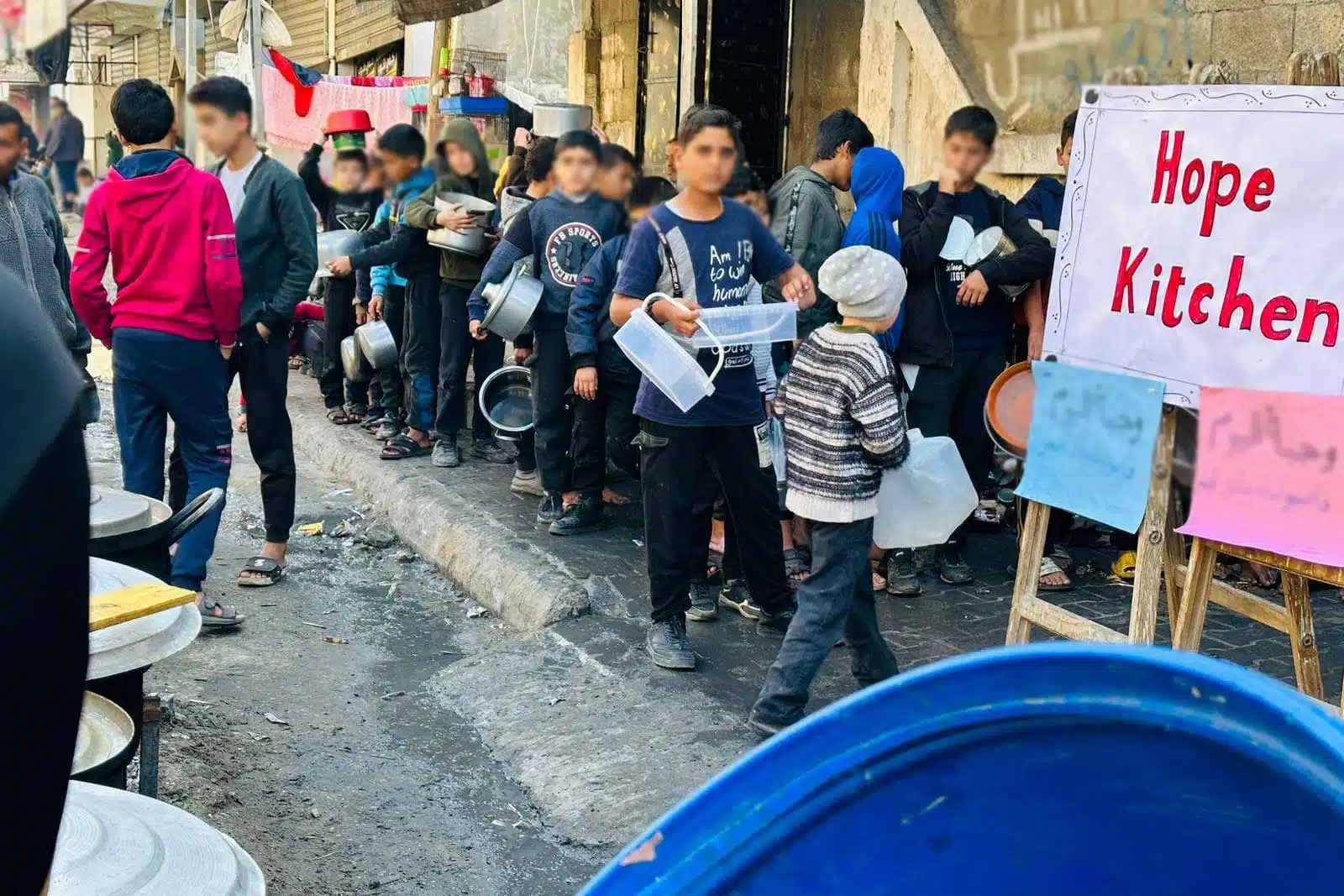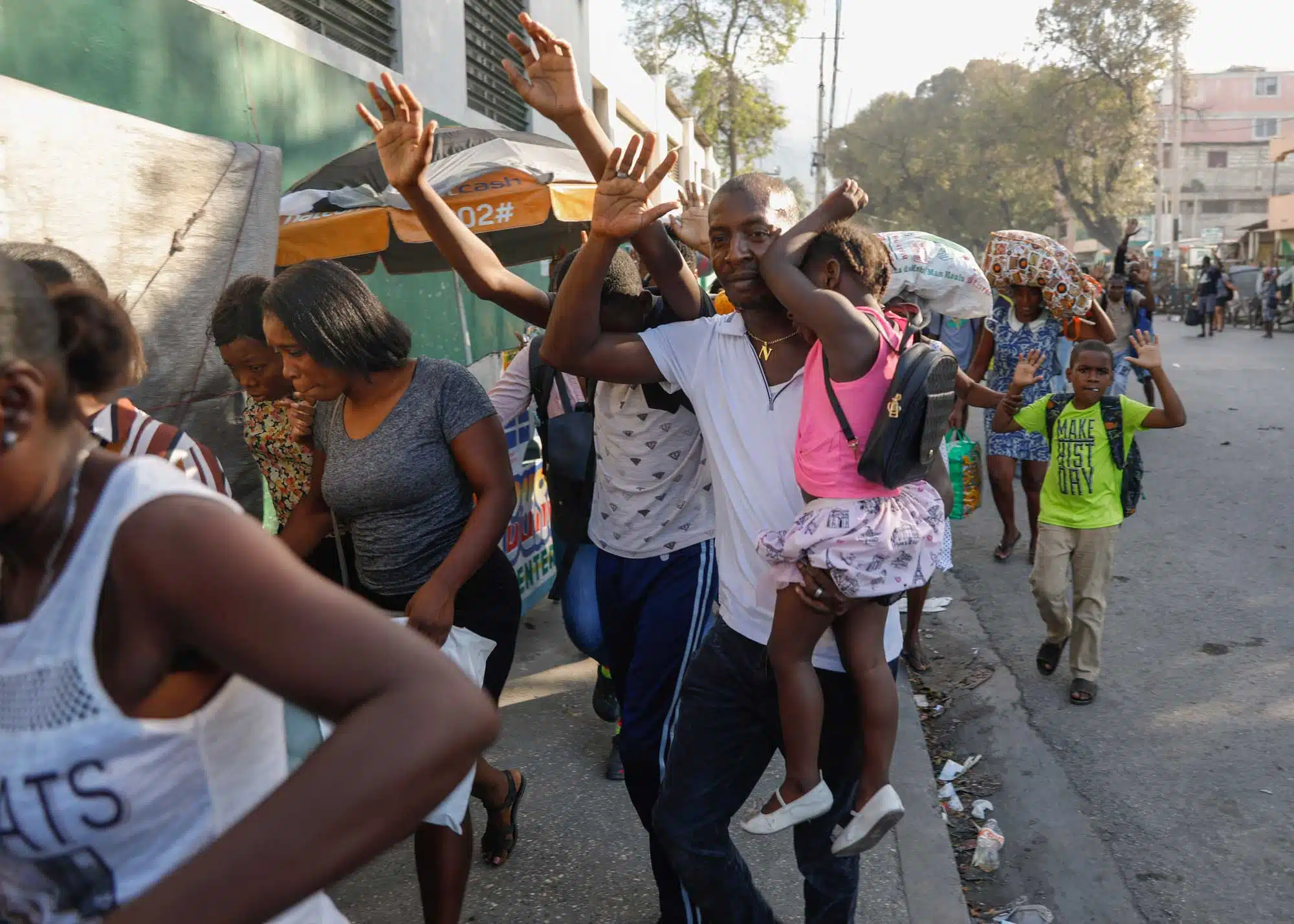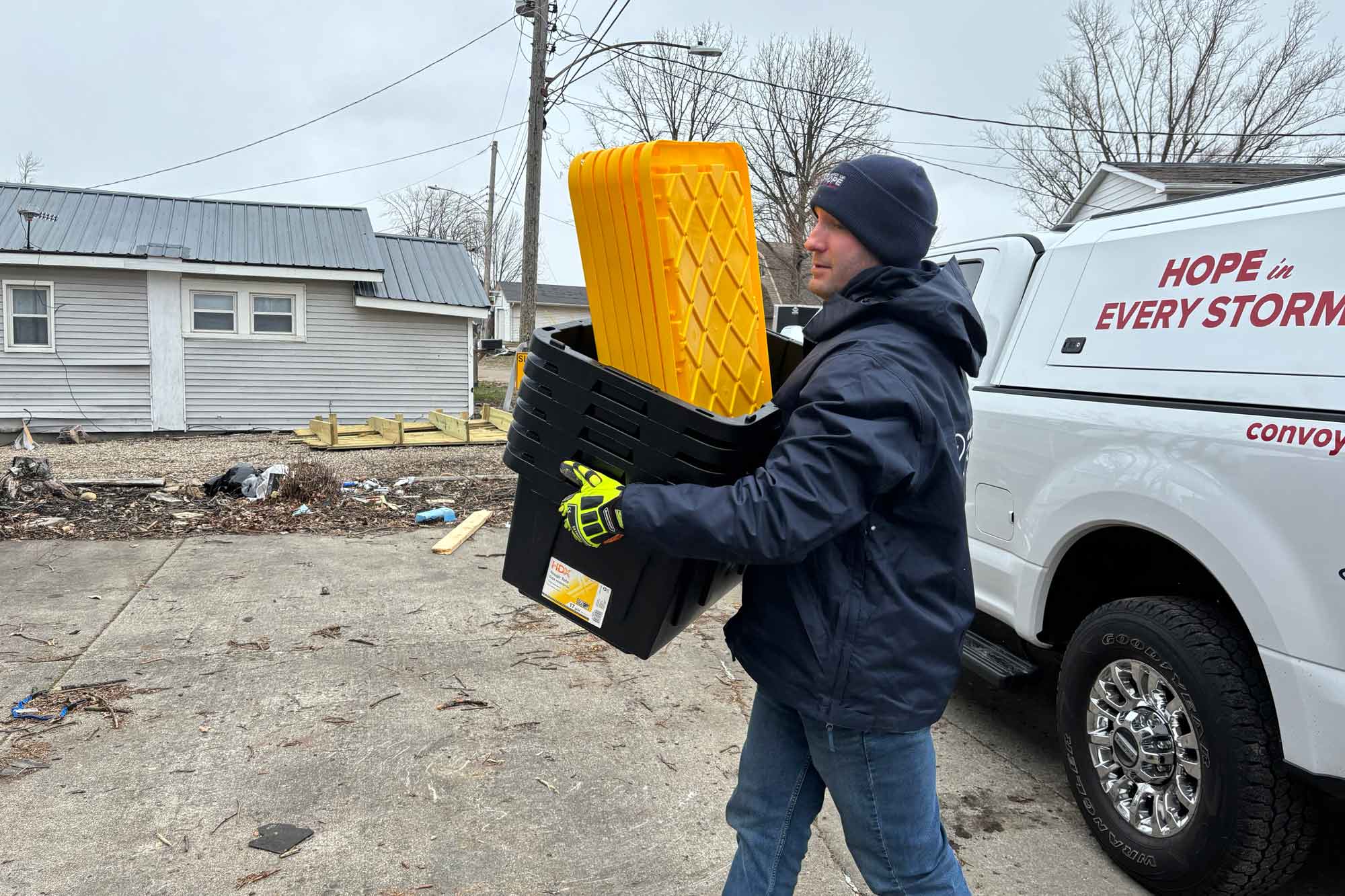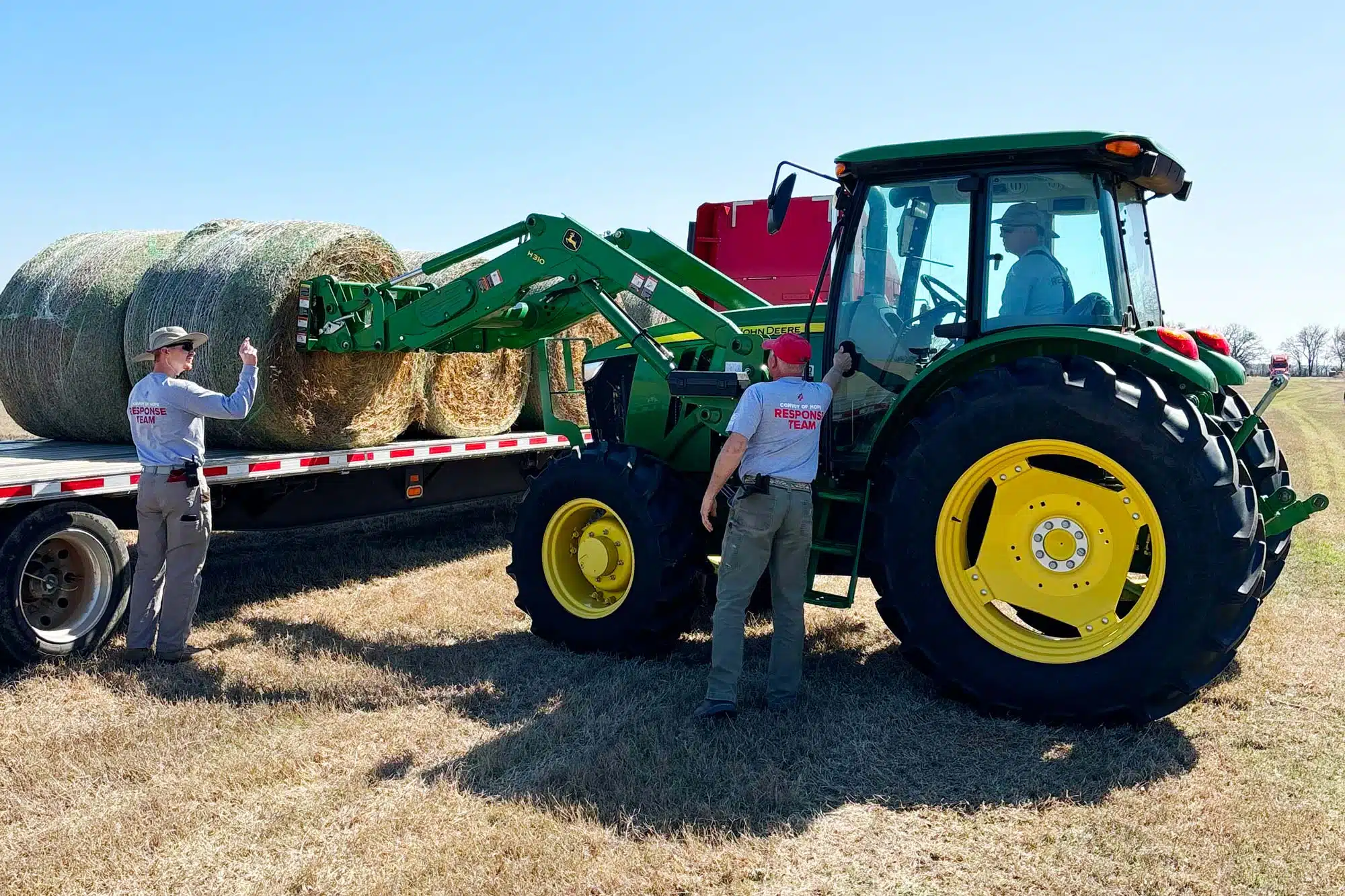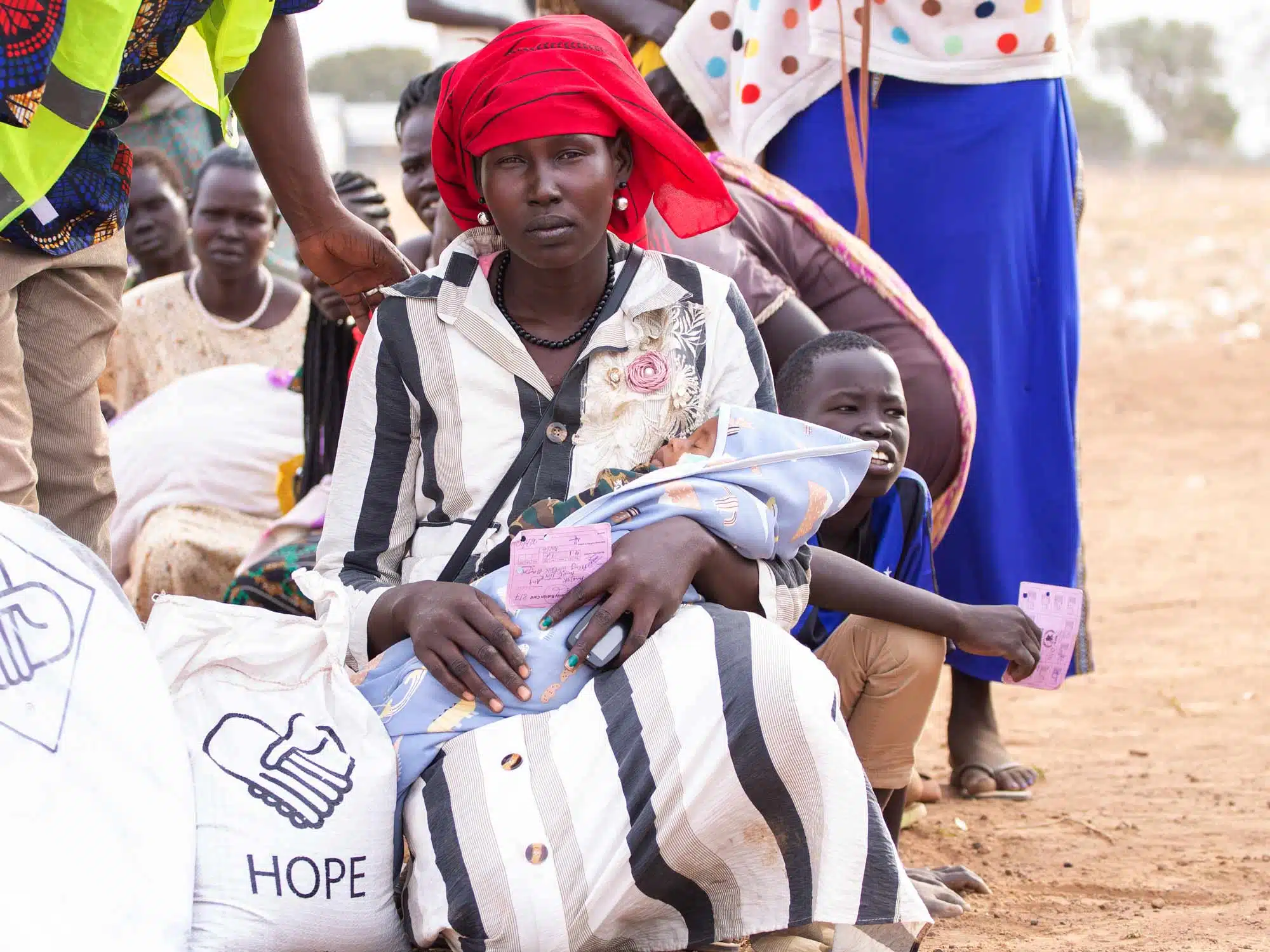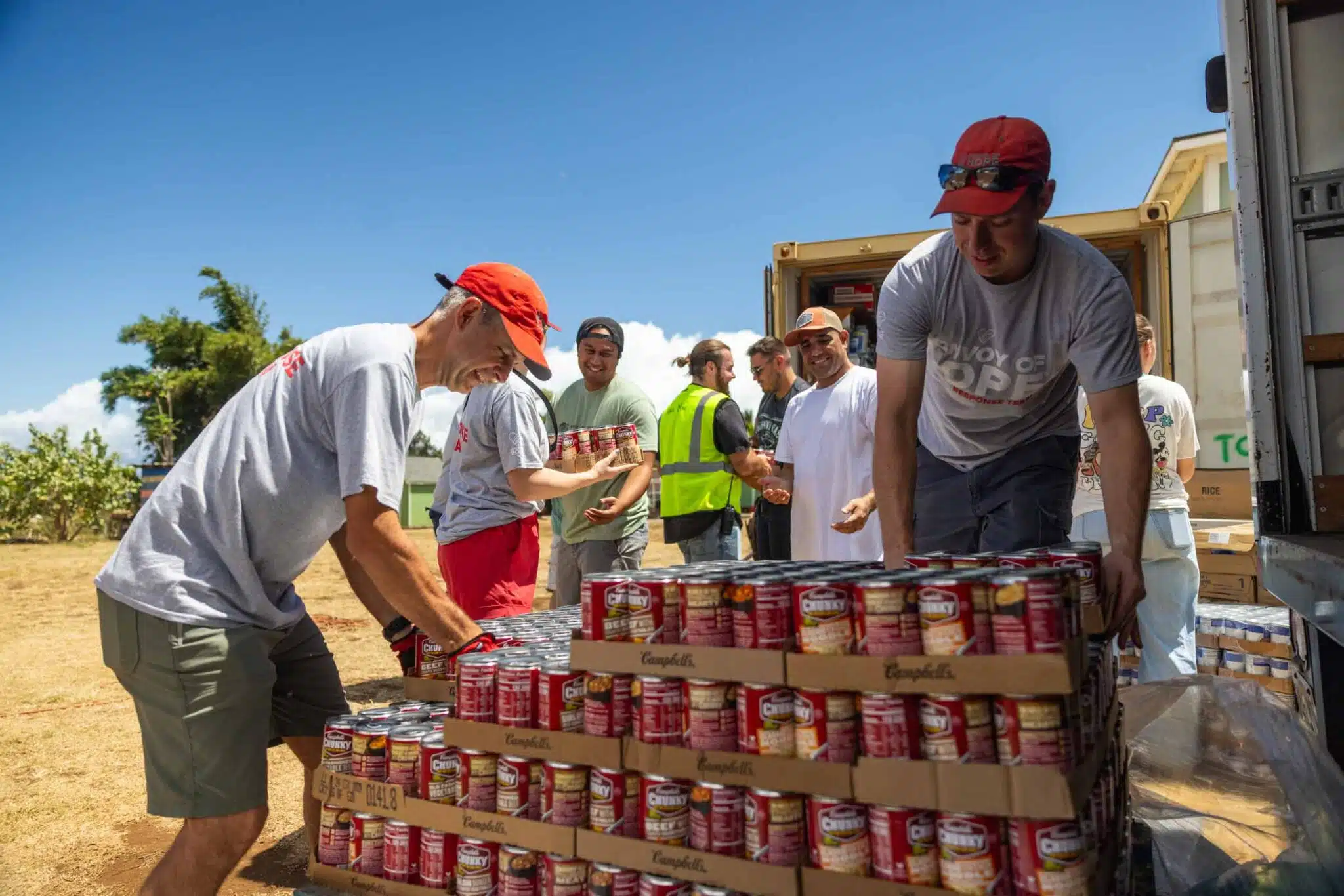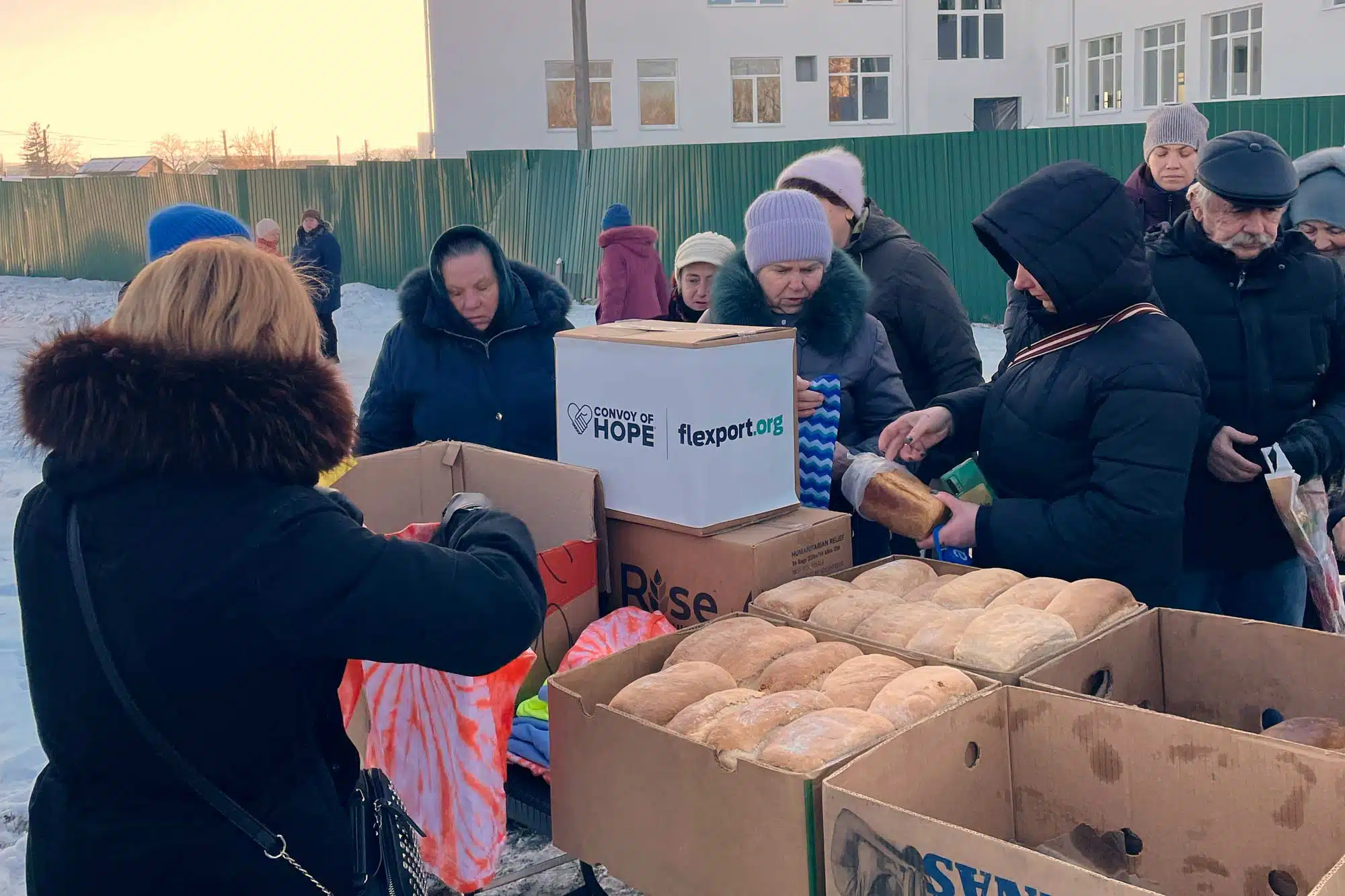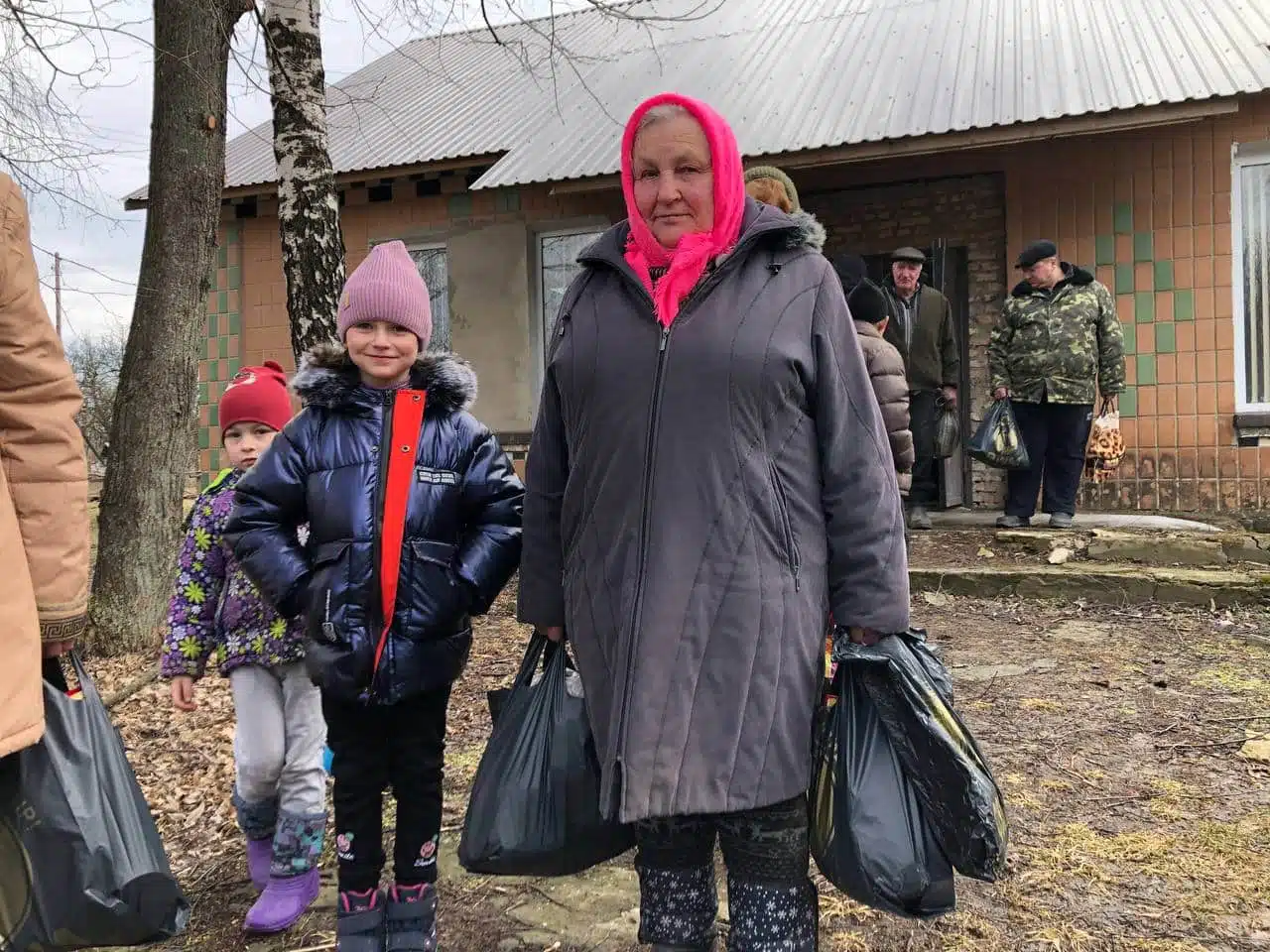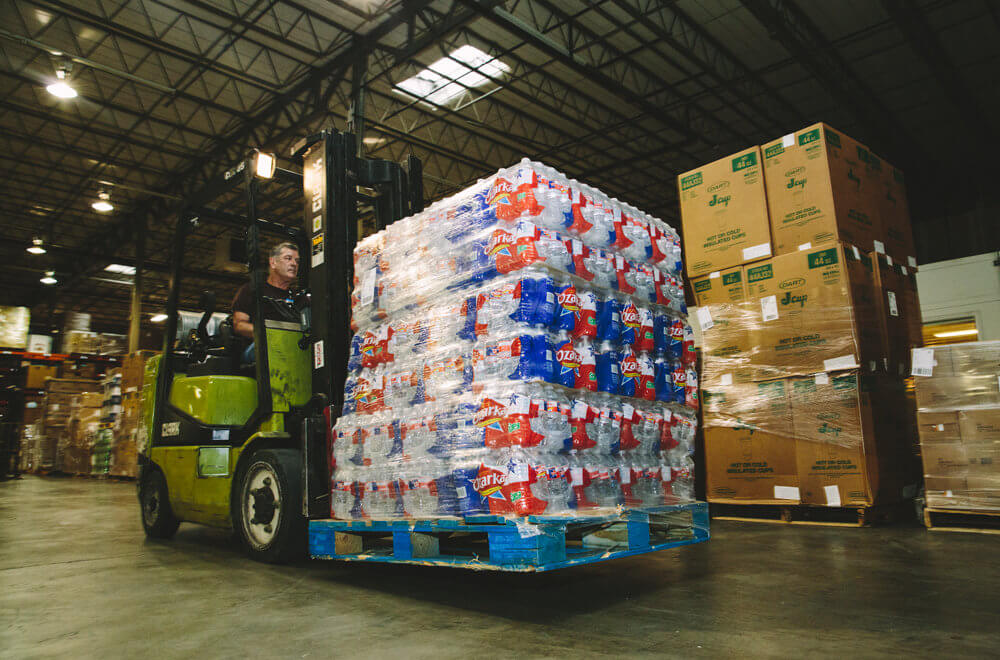In today’s fast-paced world, it’s easy to get caught up in our own lives and overlook the struggles that others face around us.
Countless people grapple with challenges that range from financial hardships and health issues to lack of access to basic human needs.
Recognizing these problems and how we can address them is the first step toward creating a more compassionate world.
This article delves into:
- • Common issues that lead to hardship.
- • Research and data for how many people are in need.
- • Practical ways to lend a helping hand.
- • How to get involved with nonprofit organizations dedicated to making a difference.
Let’s get started!
Common Issues Leading to Need
By understanding the depth and breadth of key life challenges, we can better support people in need.
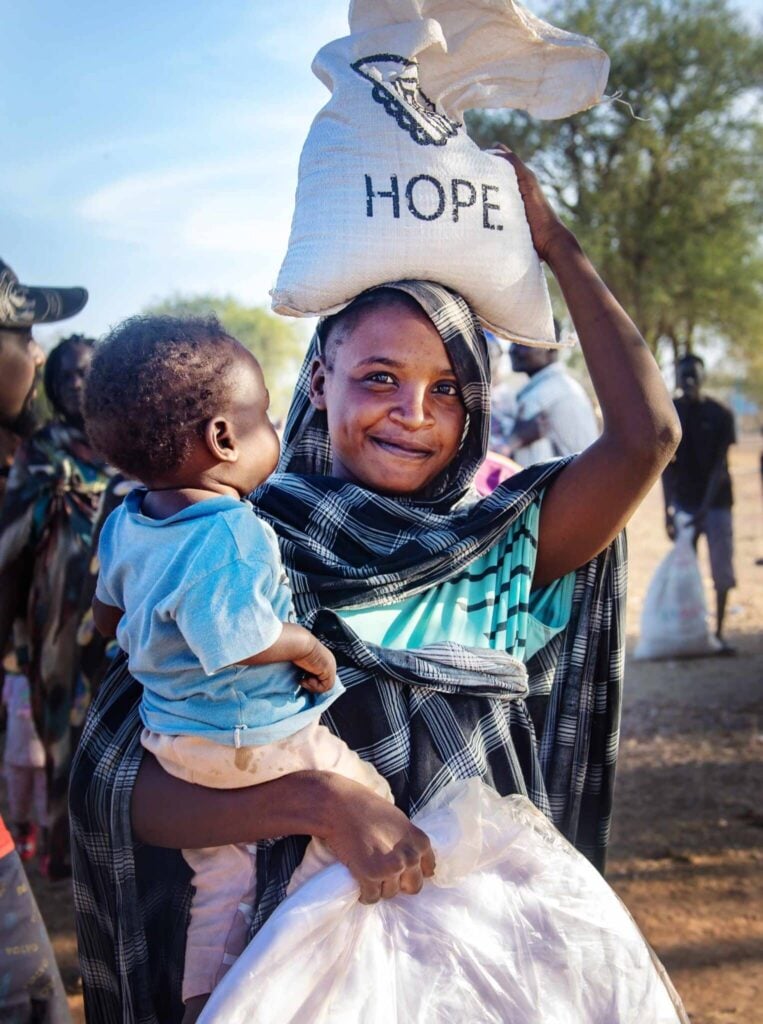
Individually and collectively, we can take steps to ensure they have access to the resources necessary for a dignified life.
1. Extreme Poverty
Extreme poverty, as defined by the World Bank, is living on less than $2.15 a day.
This level of poverty affects over 700 million people worldwide — denying them basic necessities such as food, clean water, and shelter.
The United Nations Sustainable Development Goals aim to eradicate extreme poverty by 2030.
This daunting task confronts widening economic disparities widen and growing global crises, such as pandemics and climate change, that push thousands of people back into poverty each year.
The lack of access to adequate nutrition and safe living conditions in extreme poverty significantly impairs physical and mental development, continuing a cycle of poverty that can span generations.
2. Mental Health Issues
Mental health issues often contribute to the worsening of already difficult circumstances.
The World Health Organization reports that one in four people will be affected by mental or neurological disorders at some point in their lives, with those living in poverty being more heavily affected.
The stigma surrounding mental health, coupled with a lack of access to care, leaves many without the support they need, impacting the individual as well as their family members.

1 in 4 people will be affected by mental or neurological disorders (WHO)
This can lead to long-term consequences, including diminished earning potential and increased social isolation.

3. Housing Instability
For thousands of people, homelessness is a stark reality.
Homeless shelters across the globe are often at capacity, struggling to accommodate the growing numbers of individuals and families without a place to call home.
The causes of homelessness are complex, including:
- • Financial instability.
- • Lack of affordable housing.
- • Social factors such as discrimination and domestic abuse.
Living without stable shelter severely affects individuals’ ability to maintain good health, seek employment, and access education, further entrenching them in a cycle of need.
4. Health Disparities
Good health is foundational to personal well-being and societal progress, yet it remains out of reach for many.
Those in need often face significant health disparities, with limited access to:
- • Healthcare services.
• Nutritious food. - • Clean water.
Diseases that are easily preventable or treatable when resources are adequate continue to claim lives in low-income communities, where healthcare infrastructure is unavailable or unaffordable. The impact of poor health is far-reaching, affecting educational outcomes, productivity, and the ability to break free from poverty.
People in need often face interconnected challenges. By acknowledging the scope of these problems and committing to sustained action, we can make significant strides in identifying and implementing solutions.
The Power of Nonprofit Organizations
Nonprofit organizations are at the forefront of the fight against poverty and need, tirelessly working to provide:
- • Aid.
- • Support.
- • Opportunities.
All to those who need them the most.
From San Diego to Singapore, these organizations rely on the support of volunteers, donors, and advocates to carry out their mission.

Watch the video above to learn how Convoy of Hope is bringing help and restoration to people in need.
Since 1994, Convoy of Hope has sought solutions to a growing array of critical needs.
- • The faith-based nonprofit served communities in 65 nations in 2023.
- • They currently feed more than 571,000 children every school day.
- • They’ve trained over 148,000 women and girls to start and run a business.
- • They’ve helped 111,000 farmers around the world increase their yields.
- • In 2023, they responded to 86 disasters by sending desperately needed resources to the survivors of earthquakes, hurricanes, and other natural disasters.
Getting involved with a nonprofit can vary from donating money to offering your skills and time.
Many of these organizations are looking for individuals who can bring their expertise to the table — whether it’s legal advice, marketing skills, or hands-on work in the field.
How To Help People in Need (Top 5 Ways)
The question then arises: How can we, as individuals and communities, help those in need? Consider five very accessible possibilities.
1. Support Local Initiatives
One of the most direct ways to make an impact is to get involved with a center for people in need in your local community.
Whether it’s a soup kitchen, a homeless shelter, or a program aimed at providing financial support to families in distress, these organizations are always in need of volunteers and donations.
By supporting local organizations, you contribute to the well-being of your neighbors, foster a sense of community, and help spread a positive attitude.
Convoy of Hope has developed its Hands of Hope program to give volunteers weekly opportunities to support a variety of relief and recovery projects.
For example, when a large shipment of food, water, hygiene kits, and other supplies are to be sent to a town impacted by a tornado, volunteers pack the materials in thousands of bags or packages for efficient distribution.
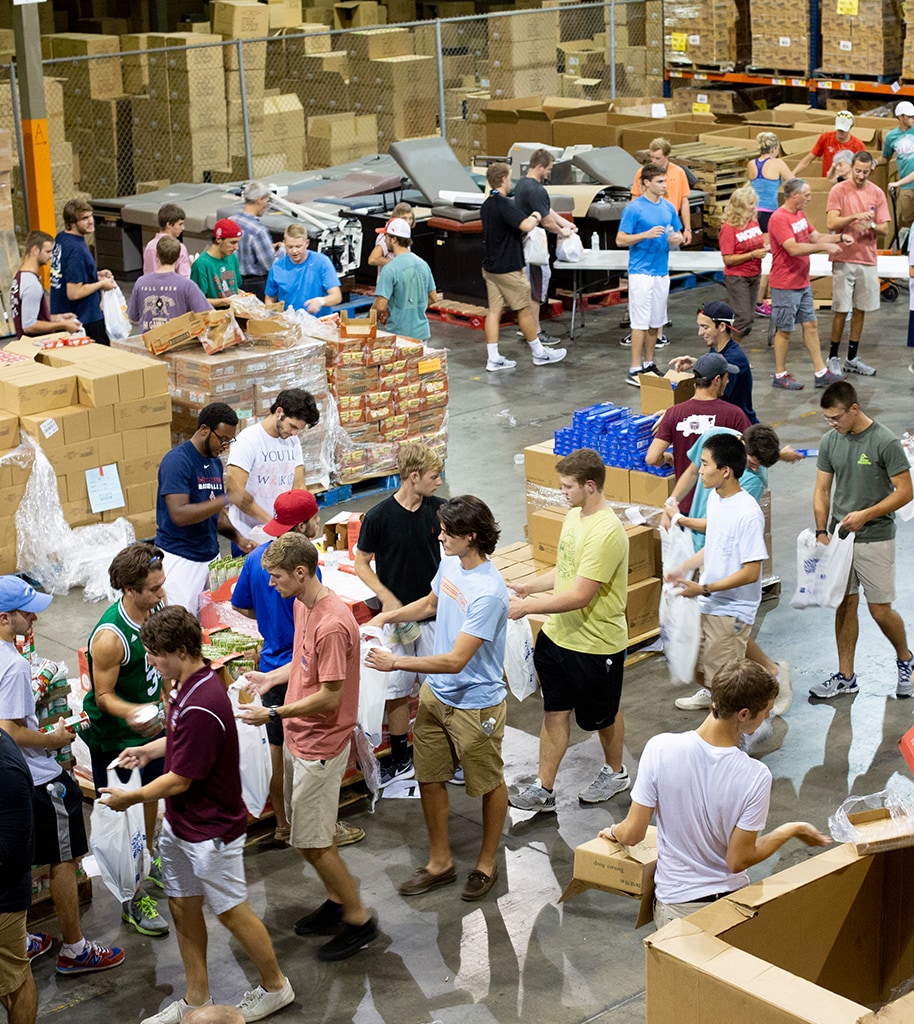
Volunteers pack different kits and relief supplies during a weekly Hands of Hope event.
2. Donate Money to Organizations That Help People in Need
Donating money to a worthy cause does not require a high net worth.
Thousands of everyday donors who can only spare a few dollars can collectively underwrite long-term and valuable interventions that meet community needs.
Donations large and small hold immense potential as a tool for positive change.
Wealthy individuals have a unique opportunity to donate significant sums of money, leveraging their financial resources for widespread impact.
This act of giving does more than just alleviate hardship; it imbues the giver’s life with a deeper sense of purpose, allowing them to live life in a more meaningful way.
Strategic philanthropy by wealthy people willing to help those in need can take many forms.
- • Donating money to charities and nonprofit organizations.
- • Investing in community projects.
- • Supporting initiatives that aim to solve systemic issues leading to poverty.
- • Funding educational programs that provide long-term benefits to underserved populations.
The concept here isn’t just about charity but about strategically using one’s wealth to make a sustainable impact.
For those with the means, employing wealth as a tool for social change not only has the power to transform the lives of individuals and communities but also offers the donor a profound way to find fulfillment and live a life marked by generosity and compassion.


The Convoy of Hope Foundation assists compassionate donors each year in establishing giving plans that best meet their philanthropic goals and address large-scale needs close to each donor’s heart.
3. Promote Mental & Physical Health
Providing access to healthcare is pivotal in addressing the needs of vulnerable populations, with a particular emphasis on mental health support playing a crucial role.
Mental health challenges often go untreated due to:
- • Stigma.
- • Lack of resources.
- • Inaccessibility to care.
These challenges worsen the struggles of those already facing significant hardships.
By prioritizing mental health services, we can offer comprehensive support that addresses both the psychological and physical aspects of well-being.
Such initiatives assist individuals in overcoming immediate health challenges and contribute to the long-term recovery and empowerment of people in need, fostering a healthier, more resilient society.
4. Help Provide Education & Empowerment
Education stands as a cornerstone in the fight against poverty, offering both individuals and communities a pathway to empowerment and prosperity.
By equipping people with knowledge, skills, and critical thinking abilities, education enables them to secure better employment opportunities, innovate, and contribute to economic growth.
Moreover, educated individuals are better positioned to make informed decisions that affect their health, families, and societies, leading to improved well-being and social stability.
Through Convoy’s Girls’ Empowerment groups, young women learn about self-esteem, positive decision-making, nutrition, physical and emotional health, menstrual health, gender-based violence, and harmful beliefs and practices. This education helps them plan for their futures and grow up believing that they can make a difference.
As a catalyst for change, education disrupts the cycle of poverty, ensuring that future generations have the foundation to build lives of dignity and opportunity, significantly uplifting communities as a whole.
5. Use Your Voice
In the age of social media, each of us has a platform that can be used to raise awareness about issues affecting people in need.
Sharing stories, information, and ways to help can mobilize resources and encourage others to take action.
Advocacy plays a key role in driving systemic changes that can address the root causes of need and inequality.
Next Steps: A Call to Compassion & Action
As we reflect on what do people need in life, it becomes clear that beyond the basics of food, shelter, and healthcare, individuals seek understanding, connection, and opportunities to grow.
Helping others can fulfill these essential needs while also enriching our own lives, fostering a feel-good sense of accomplishment and empathy.
Thanks to the participation of countless donors and volunteers, Convoy of Hope has now helped more than 250 million people overcome a vast array of personal and communal needs.
Each year, Convoy researches new and more effective ways to combat hunger and poverty and point people in the midst of crisis toward recovery.
The challenges are significant, but so is the potential for positive change when we come together to support those in need. Together, we can move toward a world where everyone has the opportunity to live a life filled with dignity, health, and happiness.
